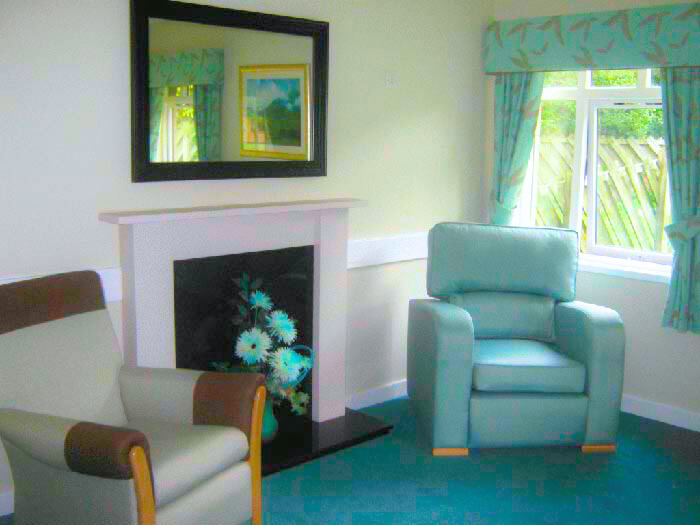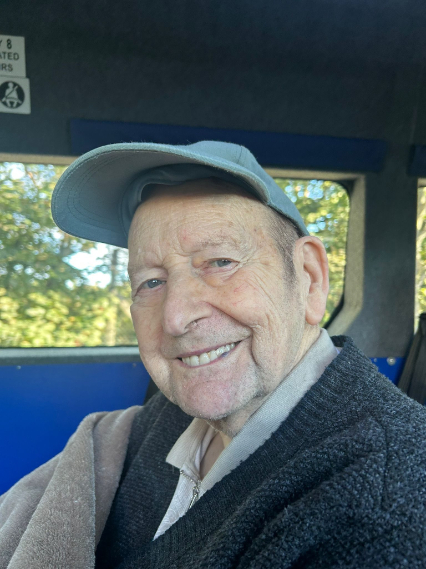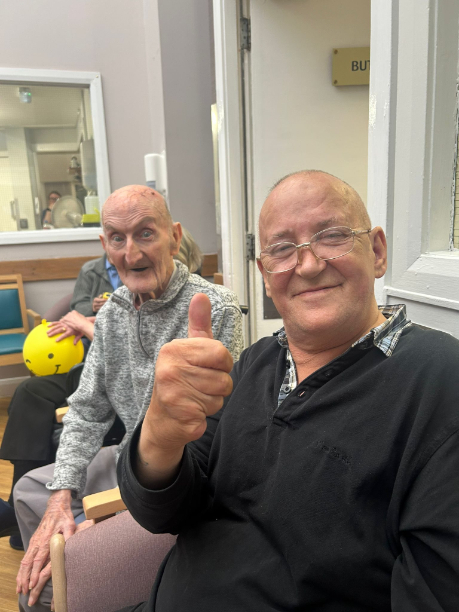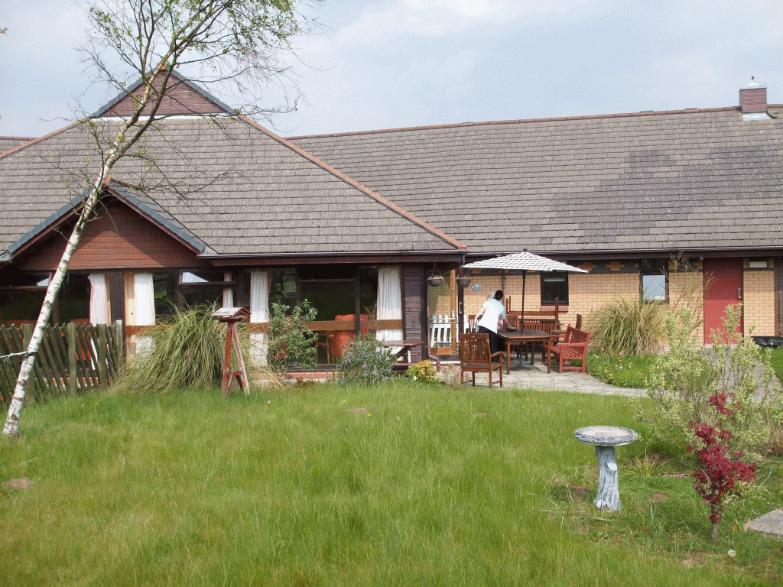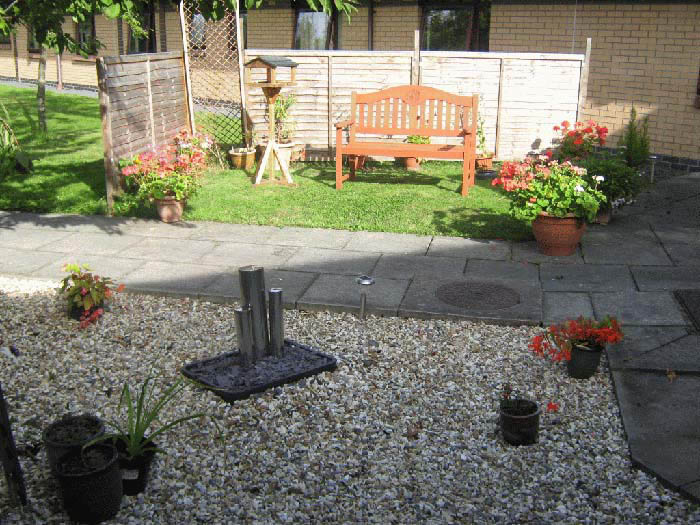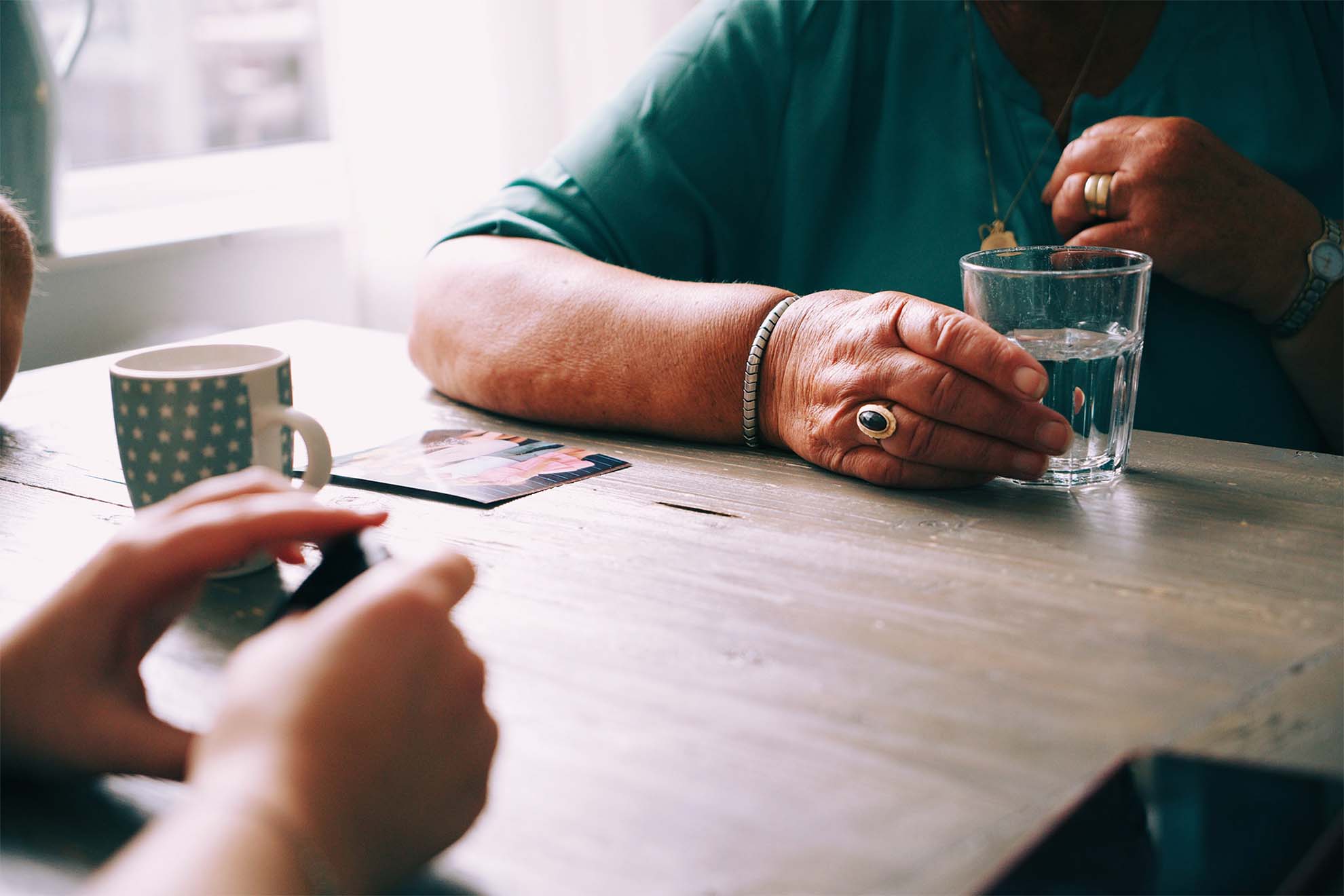Understanding End of Life Care
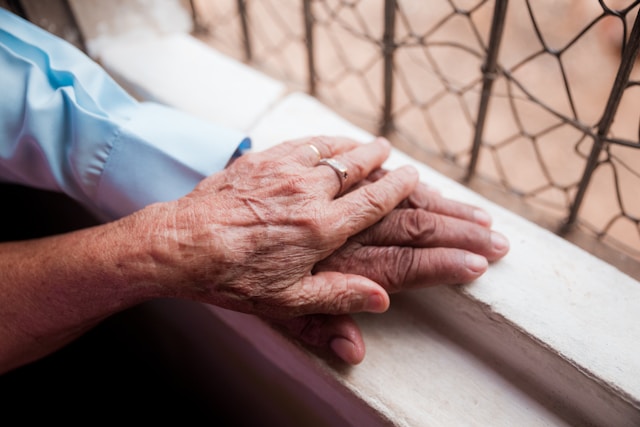
End of life care supports someone in the final stage of their life in a way that prioritises comfort, dignity and peace. End of life care is often provided during the last year of a person's life, but the exact timeframe can vary. It focuses on managing symptoms, easing pain and offering emotional reassurance. The aim is to help a person live as fully as possible during this time, with thoughtful care that respects who they are and what matters to them. Not everyone will need end of life care for the same length of time or in the same way.
This support is also there for each family member and close friends, addressing both emotional and practical impacts. Many people find it hard to talk about what they want at the end of life, yet gentle and honest conversations can ease worry. It is important to encourage conversations about wishes and preferences. Knowing that wishes are understood can bring confidence and calm, both for the individual and those they love.
End of life care can take place in different settings. Some people may feel most at home in familiar surroundings, while others may choose a care home or hospice where additional professional support is available. Whatever the setting, the focus remains on creating a safe and reassuring environment. A holistic approach is taken, addressing physical, emotional, social, and spiritual needs.
Information and guidance are available for those who are planning ahead, as well as for families who are adapting to changing circumstances. Palliative nurses, GPs, carers and specialist teams work together to offer personalised care. Their role is to support the person as an individual, and to provide families with understanding, reassurance and practical help.
End of Life Care Services
End of life care focuses on improving quality of life for people with a life-limiting illness. It aims to relieve symptoms, manage pain and reduce discomfort. The care is shaped around the person and their needs, rather than being based only on their condition. The goal is to support someone to feel more comfortable and more in control of their day-to-day life. End of life care teams are made up of a range of healthcare providers who work together to deliver coordinated care. This may include nurses, doctors, occupational therapists, carers and specialist palliative medicine practitioners. Each person in the team brings different skills, ensuring that medical, practical and emotional needs are all recognised and supported.
Emotional and spiritual support can be an important part of palliative care. Spiritual care is an important part of palliative care, helping to address spiritual needs and support well being. People may want to talk about their feelings, memories, or worries about the future. Some may welcome spiritual guidance or reflection, while others simply value the chance to be heard. Older adults may have specific spiritual or cultural needs that should be respected. The care team will respect individual beliefs and preferences, offering support in a way that feels right for each person. Palliative and end of life care can be provided in a range of places. Some people receive care at home, where surroundings are familiar and comforting. Others receive palliative support in a care home or in a hospice setting. The level of support can change over time, depending on how the person’s needs develop.
Nursing Care Home Options
Hospice care provides support for people living with a life-limiting condition when their focus has shifted from treatment to comfort. It brings together medical care, emotional support and practical guidance. Nursing homes also provide practical and emotional support to both the person and their loved ones. The aim is to help a person feel at ease, with thoughtful care that respects their wishes and routines.
Hospice care can be offered within care homes or in a person’s own home. This flexibility allows people and their families to choose the setting that feels most comfortable for them. Family and friends are encouraged to be involved in care, and a friend can also access support. Some prefer to remain at home surrounded by familiar memories. Many people who are approching the end of their life feel reassured by the specialist environment of a hospice, where experienced staff are always close by to support their family. Hospice teams in care homes usually include nurses, doctors, carers, and chaplains or pastoral care professionals. They work closely with family members, taking time to listen and understand what matters to the individual. Practical tasks such as personal care, medication management, and daily routines are supported by the team. Pain management, emotional wellbeing and spiritual support are all part of the care offered, and the team adjusts their approach as needs change.
In care homes practical support is available for families and friends, as most people find this time overwhelming, and having access to guidance and gentle reassurance can make a difference. Nursing homes offer counselling, bereavement support, and advice on practical arrangements. The intention is to help both the person receiving care and those close to them feel supported and understood. The care team recognises the emotional needs of each loved one.

Support of the Care Home Team
End of life care is delivered by a team of professionals who work together to understand the needs of each person and their family. Social care professionals and the medical team collaborate to provide comprehensive support. Doctors, nurses, carers and palliative care specialists play different roles, yet they share the same purpose. The GP often has overall responsibility for coordinating care, especially in the community. Their focus is to provide care that feels personal, respectful and steady, even as circumstances change.
Family members and friends are an important part of the care team too. The care team will involve family and friends in care decisions and planning for future care. They are often the ones who understand the person’s routines, likes and dislikes. Their involvement can bring familiarity and reassurance. The professional team will listen to them, offer guidance and help them feel confident in their role. No one is expected to manage everything alone. Support is there to make the experience more manageable and less isolating.
Personalised care plans are developed in line with the person's wishes. This means paying attention to what matters to them. Some people may want to talk about their life and memories. These conversations can help prepare for death and support the dying person. Others may focus on pain relief and comfort. Each approach is valid, and the care team will adapt how they work to honour those preferences. Social care and health professionals work together to support the well-being of end of life patients and their loved ones. This may be as simple as a conversation with a nurse, or arranging additional specialist input when needed. The aim is to provide a consistent presence, offering clarity and reassurance throughout the journey. Understanding the process of dying and the circumstances of deaths can help families feel more prepared.
End of life care at Cumbrae Care Home in Irvine
As life’s journey reaches its later stages, having the right care and support in place can help ensure comfort and peace of mind for everyone involved. Understanding the options available, planning ahead and working with skilled professionals can make this time feel more supported and less overwhelming.
Cumbrae Lodge Care Home in Irvine offers compassionate end of life and palliative care in a warm and reassuring environment. Our team takes time to understand what matters to each person and their family, providing care that is personal, steady and respectful. If you would like to learn more or arrange a visit, please contact us or explore our care.

